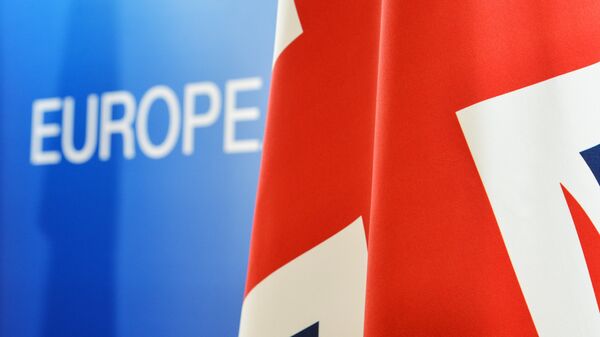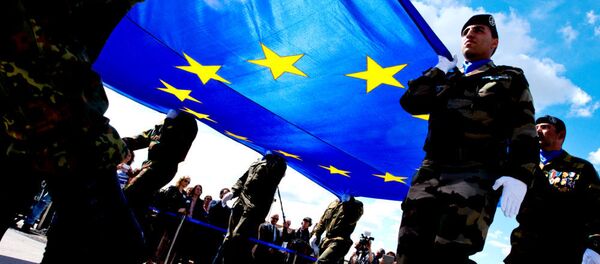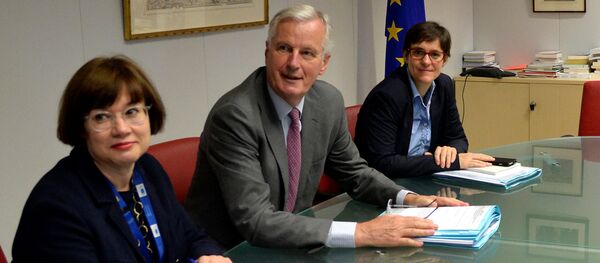"This is a historic moment from which there can be no turning back," May told Parliament in March prior to the snap election. "Britain is leaving the European Union, we are going to make our own decisions and our own laws. We are going to take control of the things that matter most to us, and we are going to take this opportunity to build a stronger, fairer Britain and a country that all children and grandchildren are proud to call home. That is our ambition and our opportunity, and that is what this government is determined to do."
To opine on and explain some of the specifics of Brexit, Sputnik Radio's Loud & Clear hosted Steve Keen, Head of the School of Economics, History and Politics at Kingston University in London.
Keen said a Hard Brexit comes from the "very strongly anti-European Union core within the Tory party." Noting that it was driven mostly by internal party battles rather than logic, he said "it doesn't have anything to do with economic theory or with policy in general, it's a stridently anti-European sentiment versus at the same time in the same party a stridently pro-European sentiment."
"The dominant numbers within the Tories are anti-Europe and therefore they are the ones saying they want to hard Brexit. Therefore they're saying things like instantly no more free movement [of EU residents in and out of Great Britain] and that's setting up with quite bizarre things happening in the bureaucracy right now."
Because of this schism within the Tories, according to Keen, May finds herself between a rock and a hard place. "May has to appeal to the majority of her own party to avoid being kicked out of being the prime minister. Therefore, she has to line up with the hard anti-European core which dominates the Tories, but at the same time it means that she simply copping out of an effective policy. She's trying to have a hard exit while having complete access to the [EU's common] market at the same time."
Meanwhile a Soft Brexit is the stance favored by both Keen and Labour. It "is the idea that you continue allowing free movement for a number of years, you continue paying into the management and cost of running the European Union as well, which is what Labor Party has said they will do for up to four years. You try to gradually then move away from involvement in the European courts and so on. That is something which shows the extent to which Corbyn is a much more rational individual and is more in control of his own party [than May]… even the anti-Brexit group within labor are reasonably comfortable with the proposals for how Brexit that would occur as how Labor party put it forward."
Keen then discussed a controversial and maligned (including by other Conservatives such as former MP Andrew Tyrie) policy to include foreign students studying at British universities as part of immigration quotas, a policy Keen called "stupid."
"They are insisting on accounting students who come from Europe to study in the U.K. as part of the immigration intake and saying they want to cut that back. These are students who are paying quite substantial fees to British universities, and it's effectively an export industry that the Tories are shooting in the foot. The other side is Labour saying, 'well, we don't want to count the students in the immigration intake, because they're not part of the immigration intake, they're part of the export market for education services.'"




